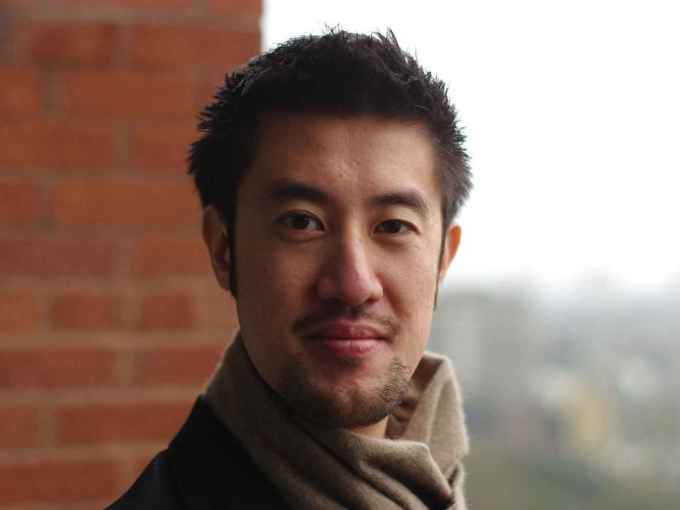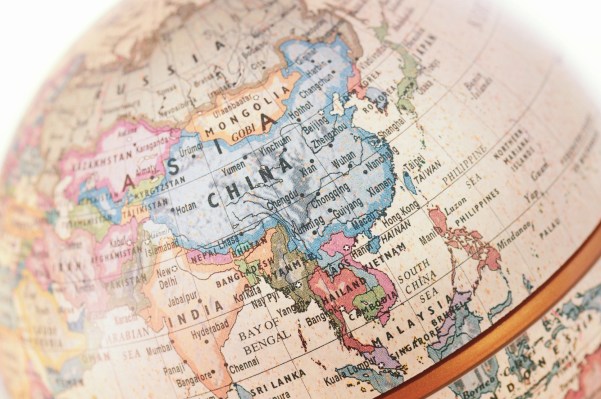Zeroth is an accelerator program that is out to fix the lack of talent, and investment options, for artificial intelligence (AI) in Asia, and it has just opened applications for its second program which takes place in Hong Kong in late July.
“There’s almost nothing that won’t be touched by AI,” high-profile investor — and former Google China head — Kaifu Lee said at our most recent China event. And yet, Asia’s biggest firms still lag their U.S. peers on AI.
Things are moving in the right direction but seemingly for a select few. Didi Chuxing recently set up a U.S.-based lab, but it appears some way behind Google and Uber. Even then, retaining talent is tough. The recent departure of Andrew Ng, who led Baidu’s research lab in the U.S., has highlighted the struggle that China’s (Asia’s) biggest firms have in hiring and retain top talent in the field of artificial intelligence (AI) and deep learning.
Investor and talent shortage
Tak Lo, founding partner of Zeroth, left his role at early-stage venture firm Mind Fund to start the project in 2015, which is Asia’s first dedicated AI and machine learning accelerator program.
“It wasn’t that there wasn’t enough talent, there just aren’t many investors [in the Asia region] focused on artificial intelligence,” said Lo, whose past projects have included Tech City in London, the SPH Plug and Play program in Singapore and a stint in the U.S. armed forces.
The idea is to take 20 companies per batch, with Zeroth offering up to $120,000 in optional funding. That’s a slightly different approach to its inaugural batch, which took in 10 companies and offered each six percent equity in exchange for $20,000.
The program is pretty industry agnostic, and Lo said his preference is to work with early stage companies because that’s where he feels the program can have the most influence.
“Our mission isn’t that all companies should have AI, but everyone to be able to develop in this tech,” he said. “We want it to be in the hands of many not just a few.”
Particular areas of focus include edge computing, natural language, autonomous vehicles, agritech, human-machine interface technology and ethical computing. Its first cohort includes a diverse range of startups from chatbots (Clare and Botimize), to deep-learning-powered recognition (DT42), social media marketing (Rocco) and crop disease diagnosis (Sero).
Beyond a standard demo day, the event was live-streamed to selected investors in Seoul, Beijing, Tokyo and Singapore.
“We figured it was the best way to build community and trust in these companies. I think it worked pretty well as an overall experiment,” Lo said. “The companies are fundraising, we view investor day as the kick off.”
Developing A Community
The first Zeroth program was located in Hong Kong, but it has temporary relocated to Japan before the next program opens in Hong Kong. In Tokyo, Lo is keen to recruit venture firms, corporate partners and, of course, founders. Already, Mind Fund invested directly in the program, while others, such as 500 Startups, are closely involved.
“There’s an amount of patient capital here and the liking of deeper tech is a big pro,” Lo said. “Where else we go will be dictated on market conditions and where we are after this cohort.”
A number of regionally-focused accelerator programs struggled to make the grade as a business and shut up shop over the past year. Lo is candid that, for now, there’s no business model set in stone for Zeroth.
“We’re still trying to figure it out, but the AI focus is one because AI is hot but also potentially acquisitive.” he said. “Companies realize this is the next thing. One hypothesis is that M&A deals could provide short term cash flow, while another option is working with funds that are a little more long term.”

Zeroth partner Tak Lo
On the mentoring side, Lo said Zeroth’s advisors have “created more than $1.7b billion in AI company value”. Among them is Antoine Blondeau, who worked on the precursor to what became now Apple-owned Siri and whose Sentient.ai startup is the world’s most funded AI company.
The others are Hajime Hotta, who sold mobile ad firm Citrius Technologies to Yahoo Japan, Skype and Kazaa co-founder Jaan Tallinn, Bangalore-based Sachin Unni, Alexandre Winter (who sold Placemeter to Netgear), early-stage investor Takahiro Shoji, Techstars’ Eamonn Carey, and investor Nathan Benaich.
Lo said the focus on AI has been validated by similar strategies from Y Combinator, which recently announced a dedicated AI track, and others who have been increasing their interest in the space.
“We’re proud of the fact we are first, we took a bet and realized this would be good,” he said. “We may be ahead of these guys and they are more established.”
Zeroth’s second batch is due to start in late July. Applications are open now until June 15, more details and the form can be found on the website.
Update: The original version of this article has been updated to correct that Zeroth is temporarily relocating to Tokyo but the next program will be held in Hong Kong.
